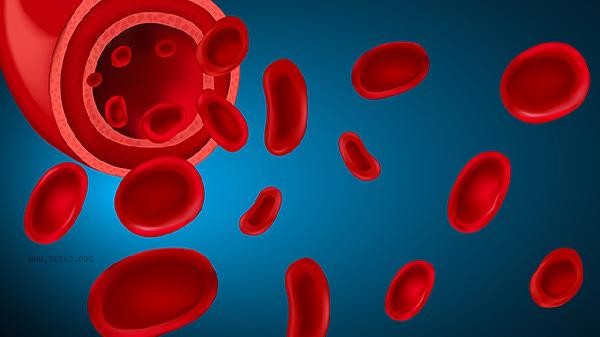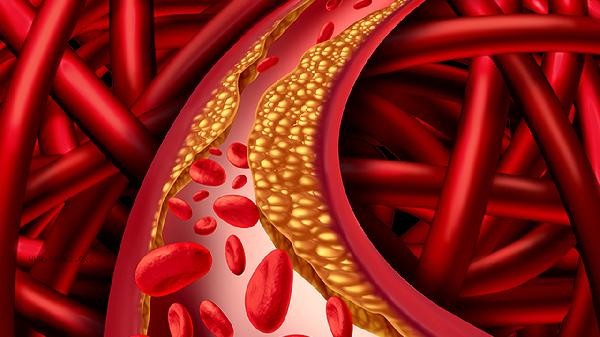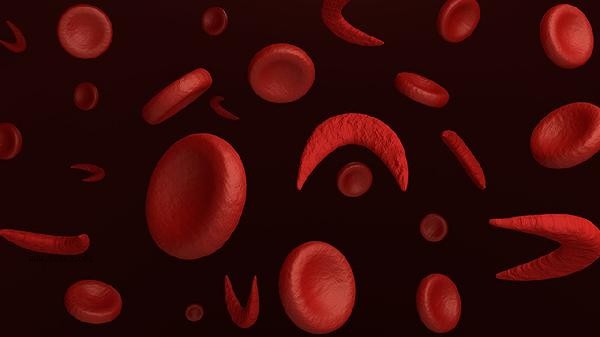Low red blood cell count may be caused by nutritional deficiency, chronic blood loss, bone marrow suppression, hemolytic anemia, kidney disease, and other reasons. Long term low blood cell count may lead to harm such as hypoxia and organ damage.

1. Nutritional deficiency:
Insufficient intake of iron, vitamin B12, or folate can affect red blood cell production. Long term vegetarians and people with digestive and absorption disorders are prone to such problems, manifested as fatigue and pale complexion. Diagnosis can be confirmed through blood routine and serum ferritin testing, and dietary adjustments and supplementation of corresponding nutrients are needed.
2. Chronic blood loss:
Chronic blood loss such as digestive ulcers and excessive menstrual flow can lead to continuous loss of iron. The patient may experience symptoms such as black stool and prolonged menstrual period, with a synchronous decrease in hemoglobin and hematocrit indicators. It is necessary to treat the primary disease and supplement iron supplements to restore hematopoietic function.
3. Bone marrow suppression:

Radiation exposure, chemotherapy drugs, or aplastic anemia can affect bone marrow hematopoietic function. This type of condition is often accompanied by a decrease in white blood cells and platelets, and requires bone marrow biopsy to determine the cause. In severe cases, hematopoietic stem cell transplantation treatment is needed.
4. Hemolytic anemia:
Hereditary spherocytosis, autoimmune diseases, etc. can accelerate the destruction of red blood cells. The patient may experience jaundice, splenomegaly, and laboratory tests show an increase in reticulocytes. Corticosteroids or splenectomy are commonly used treatment methods.
5. Kidney disease:
Chronic kidney disease can lead to insufficient secretion of erythropoietin. These patients often have elevated creatinine and positive urine protein, and require injection of artificial erythropoietin to treat primary kidney disease while controlling complications such as hypertension. People with low red blood cell count should ensure the intake of high-quality protein and iron containing foods, such as lean meat, animal liver, dark vegetables, etc. Moderate aerobic exercise can enhance the compensatory ability of the heart and lungs, but it should be avoided that vigorous exercise exacerbates hypoxia symptoms. Regularly monitoring changes in blood routine indicators and maintaining a semi recumbent position during sleep can improve respiratory efficiency. When obvious symptoms such as dizziness and palpitations occur, seek medical attention promptly to avoid prolonged hypoxia leading to myocardial damage or cognitive dysfunction. Pay attention to keeping warm in winter to prevent worsening of vascular constriction and insufficient tissue oxygen supply. If necessary, home oxygen therapy can be performed.










Comments (0)
Leave a Comment
No comments yet
Be the first to share your thoughts!